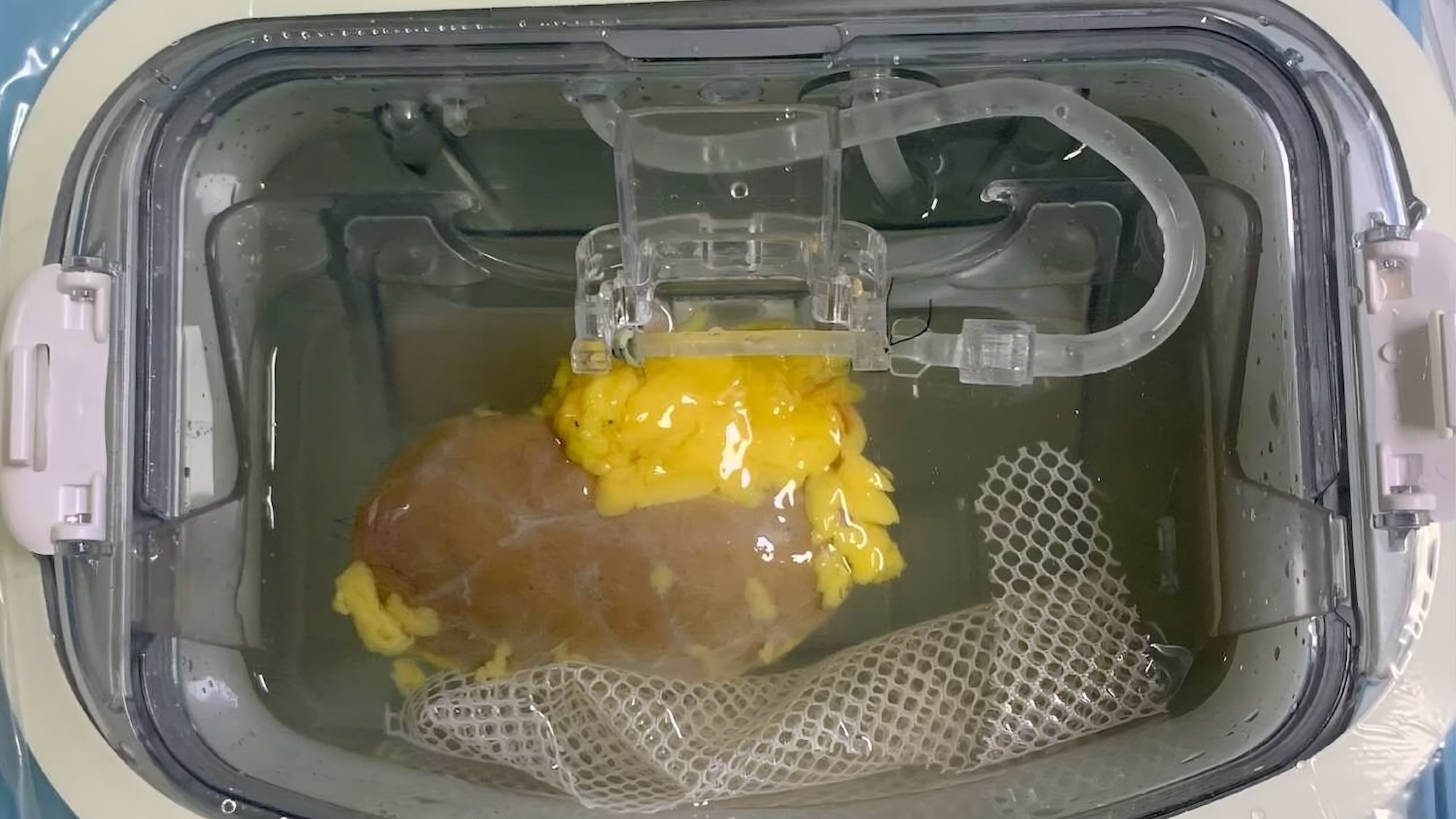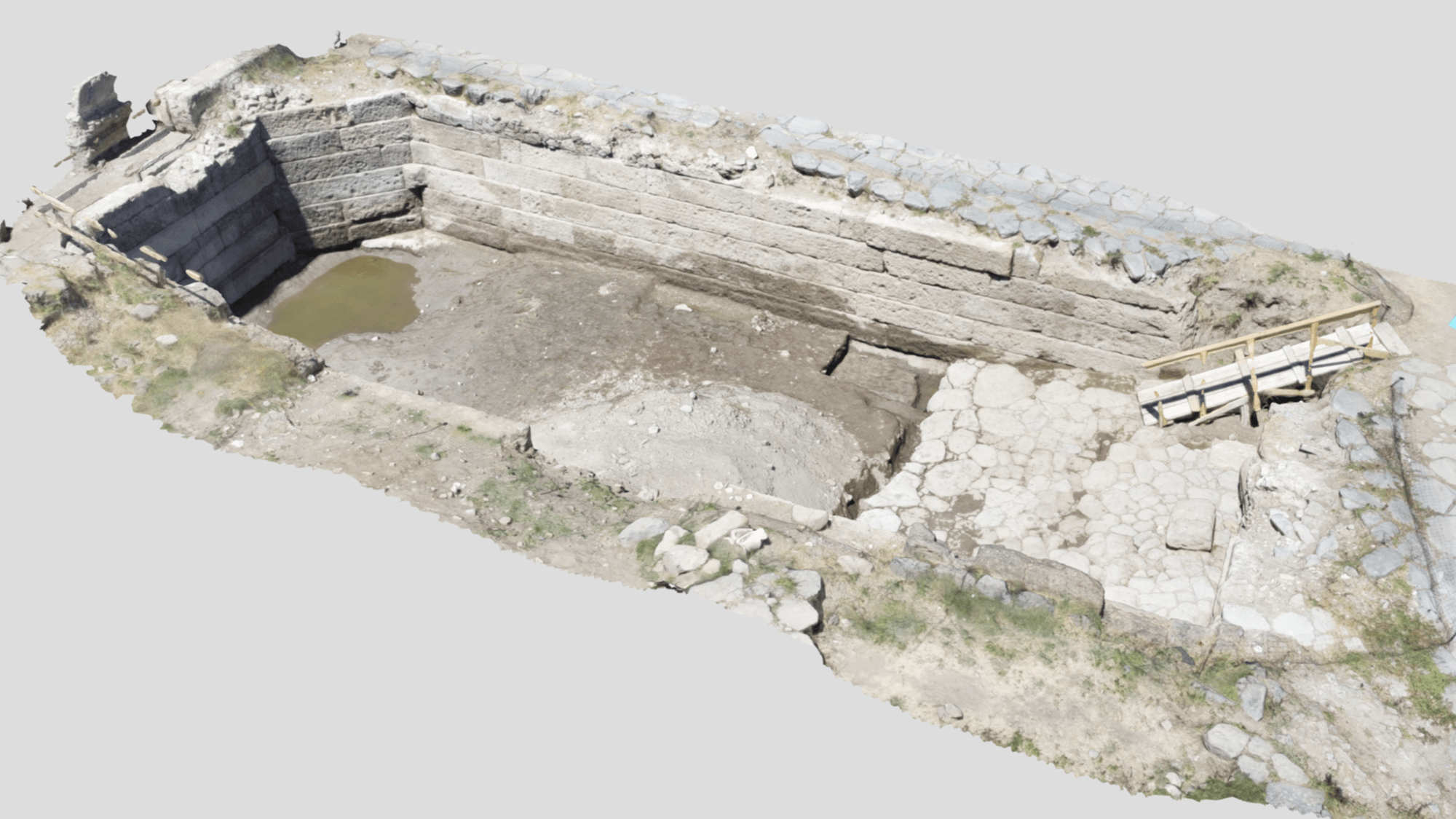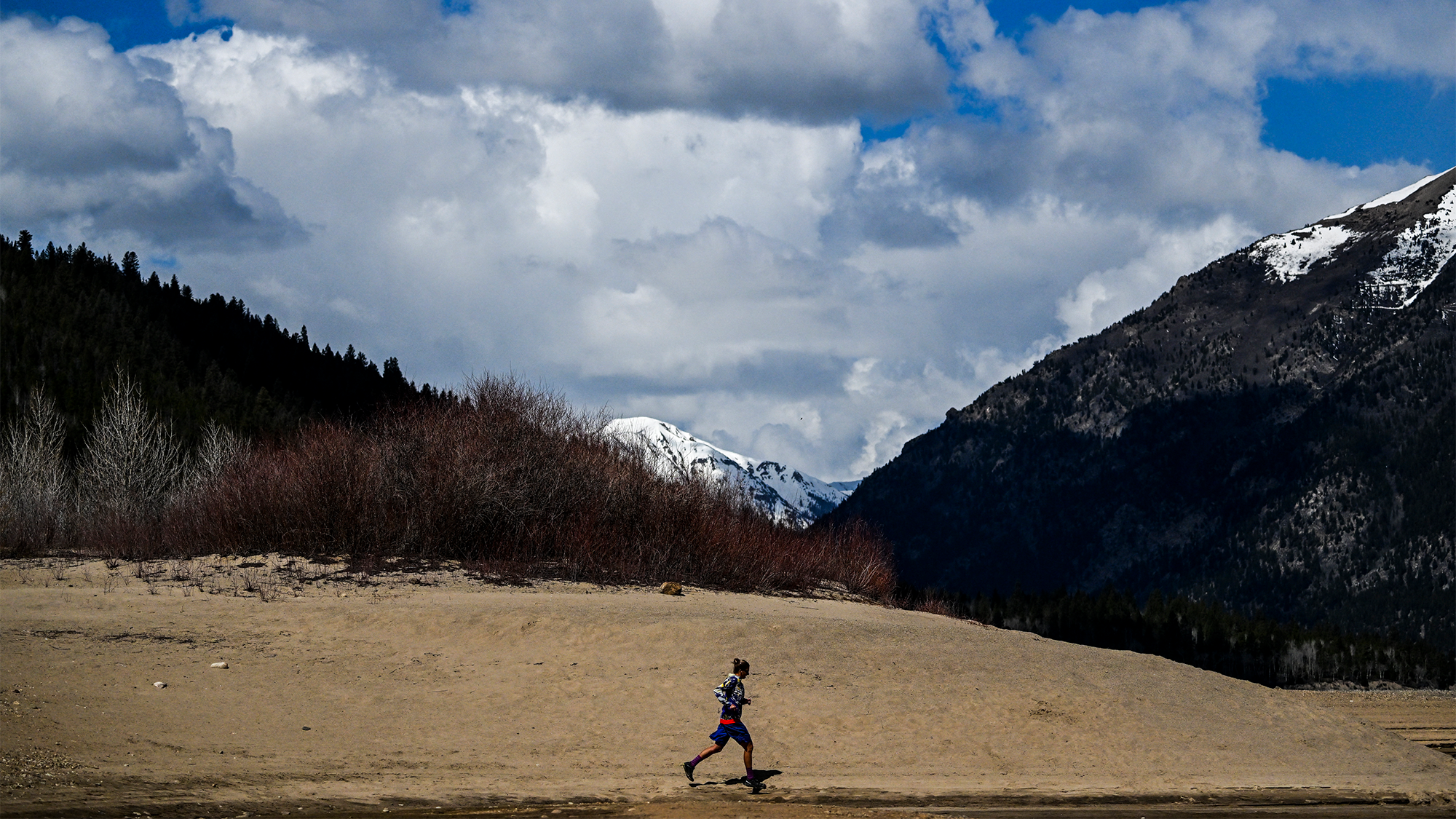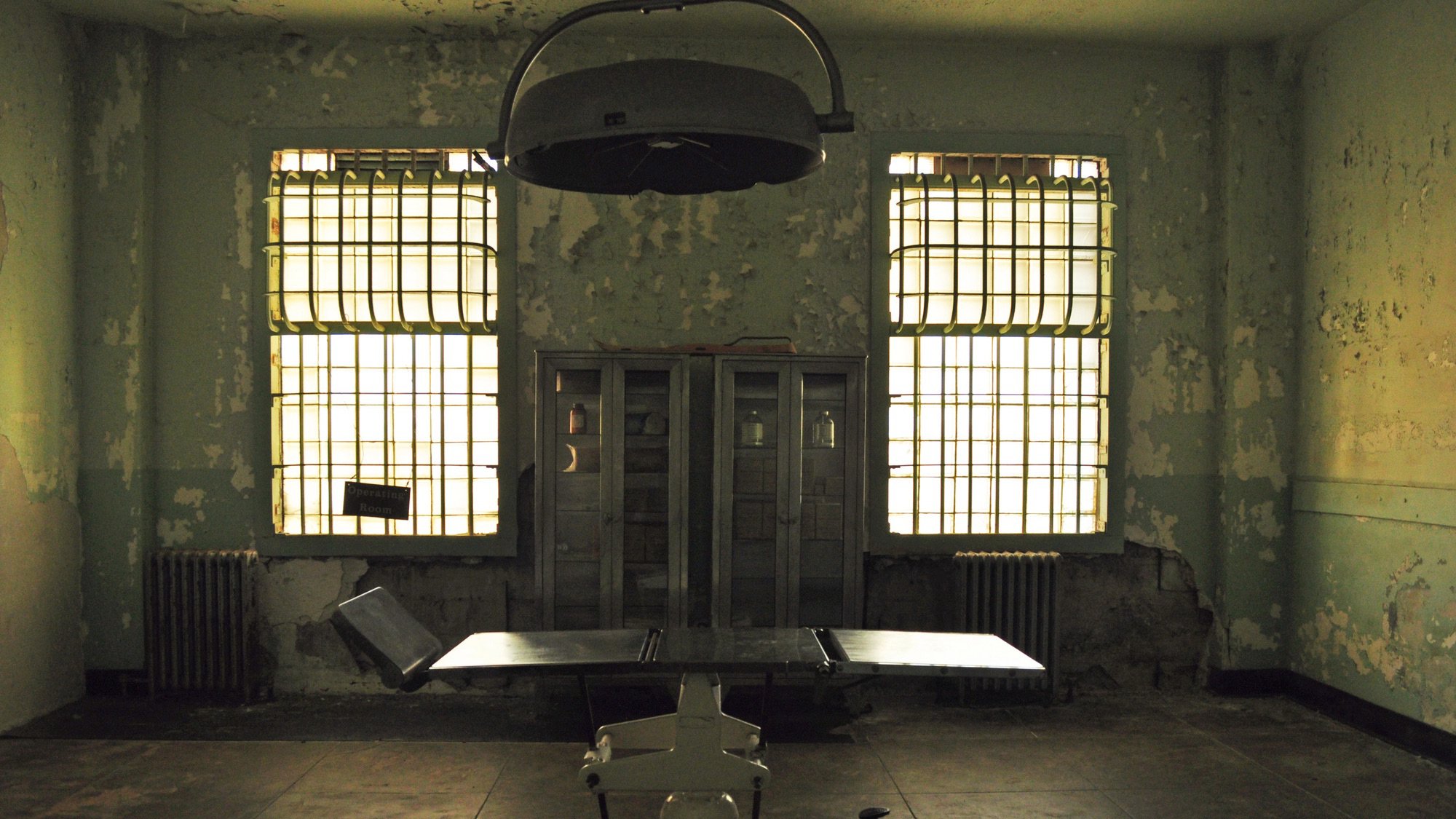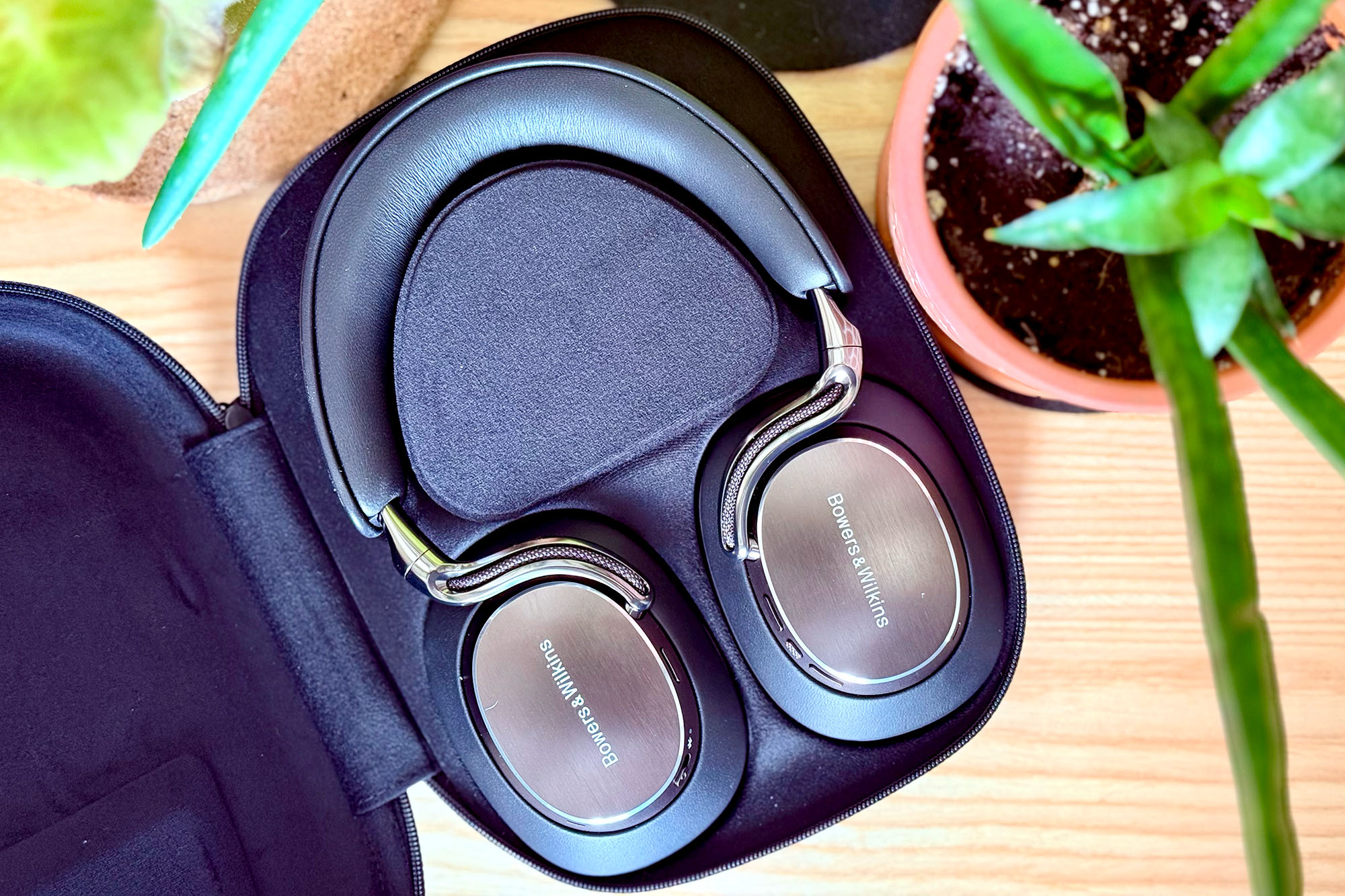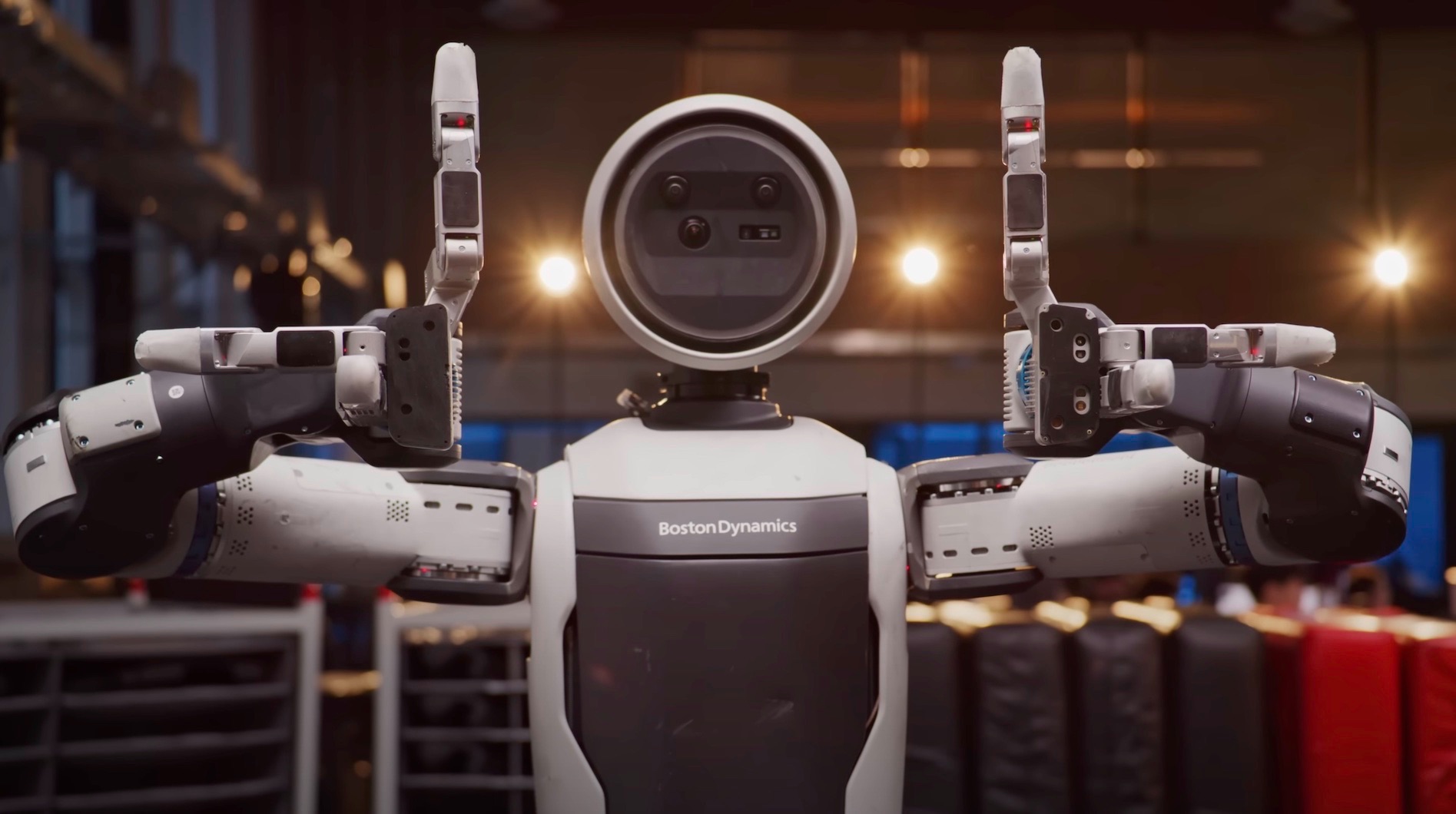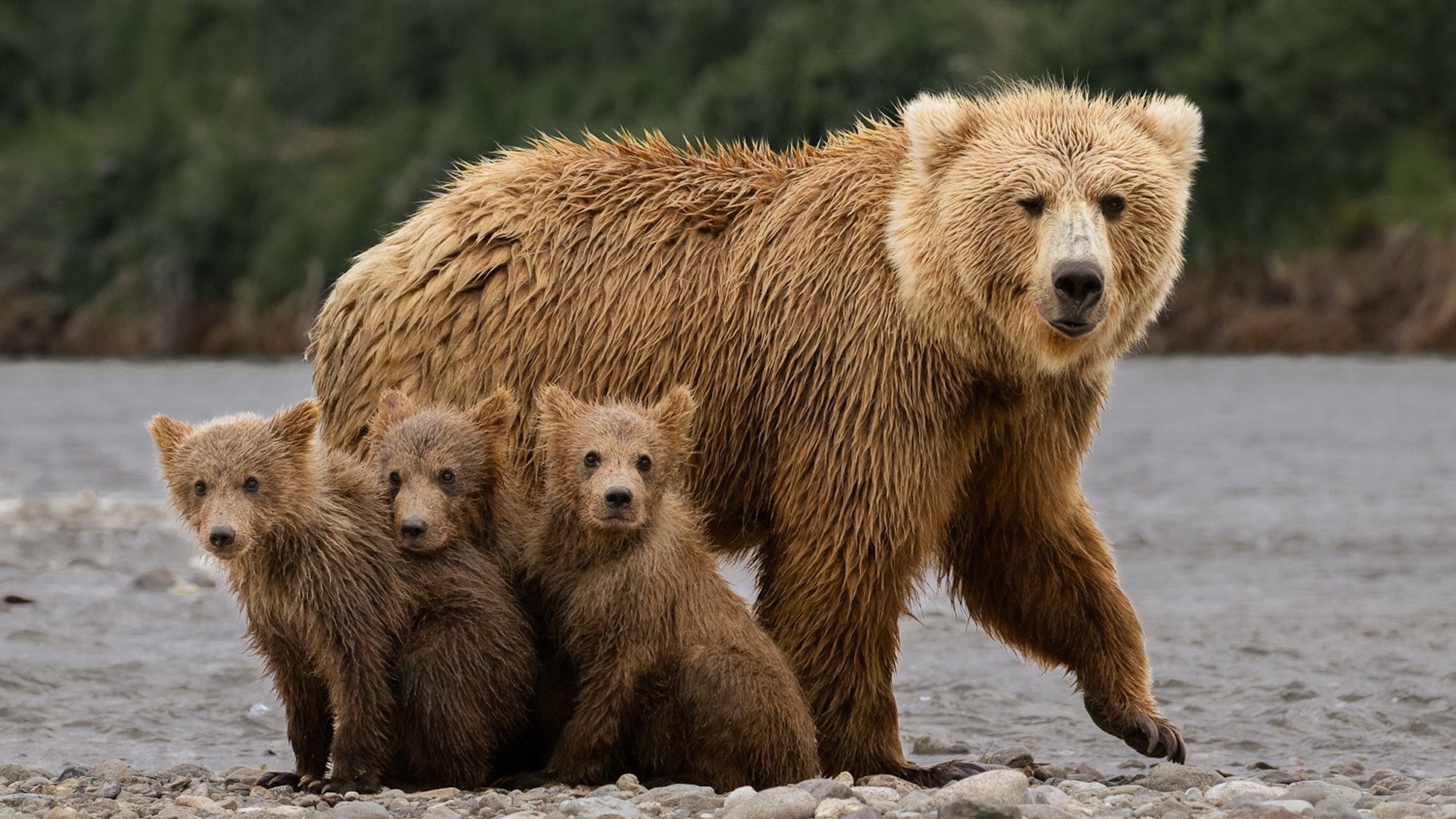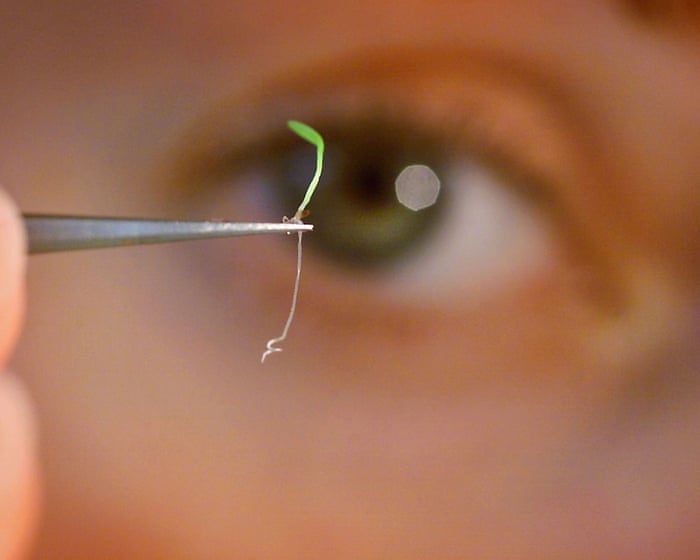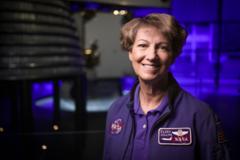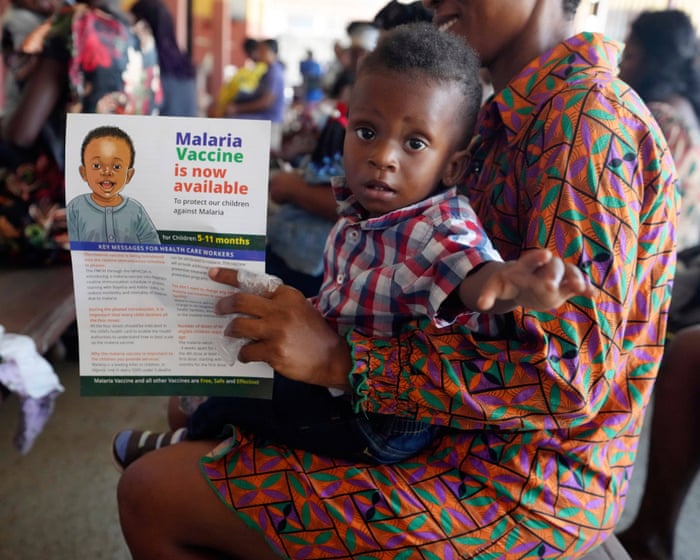Rare 19th-century coins found after fire at historic tavern
PositiveScience
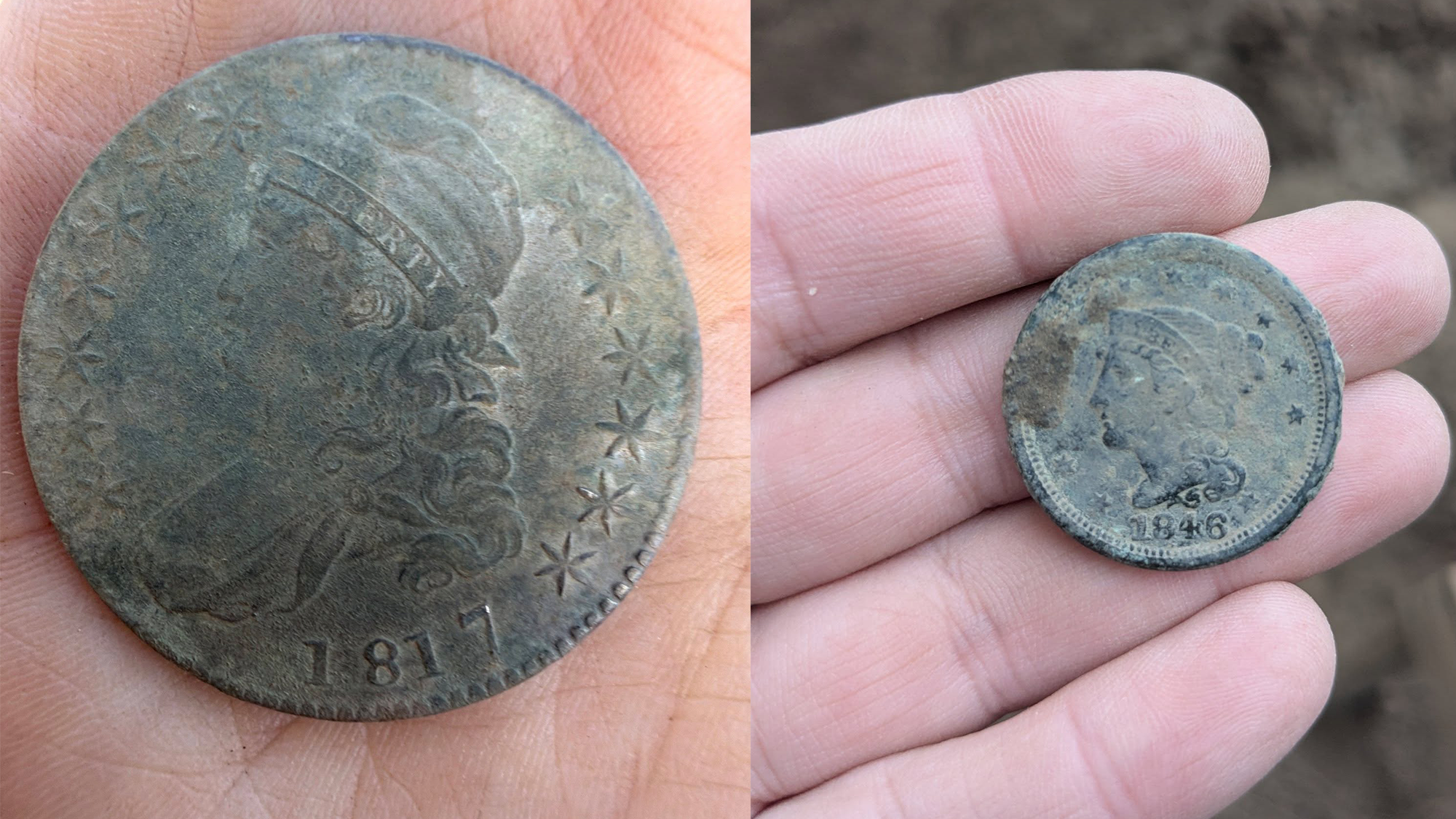
After a devastating fire at Ohio's Overfield Tavern Museum last December, archaeologists have begun excavating the site and have made an exciting discovery: rare 19th-century coins. This find not only sheds light on the historical significance of the tavern but also offers a glimpse into the past, enriching our understanding of the era. Such discoveries are crucial as they help preserve history and provide valuable insights into the lives of those who lived during that time.
— Curated by the World Pulse Now AI Editorial System
